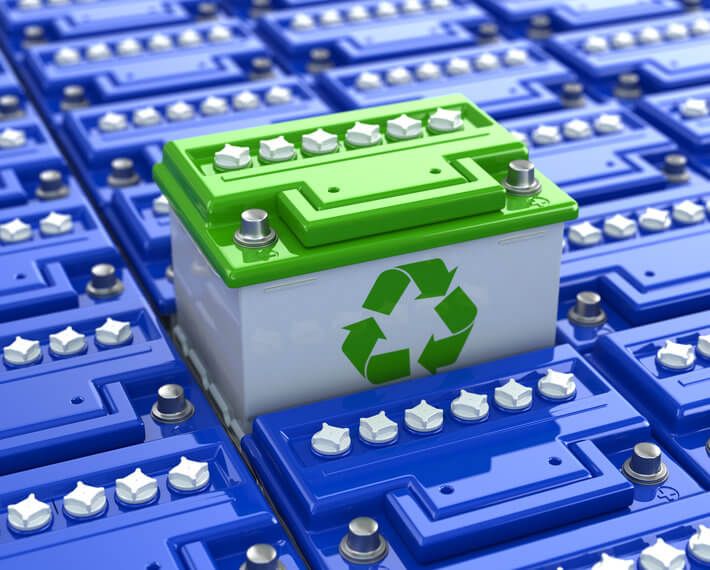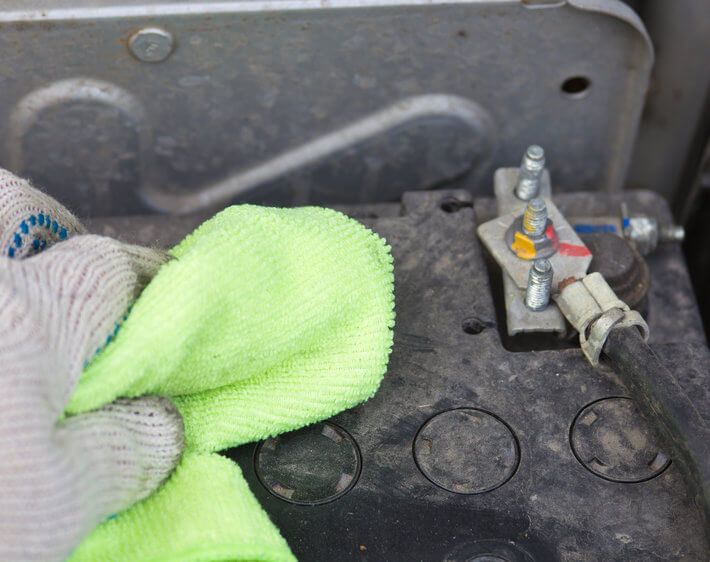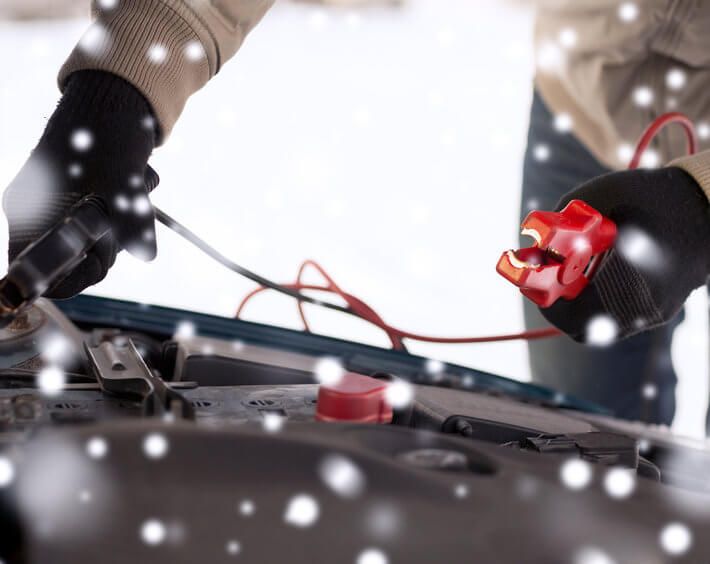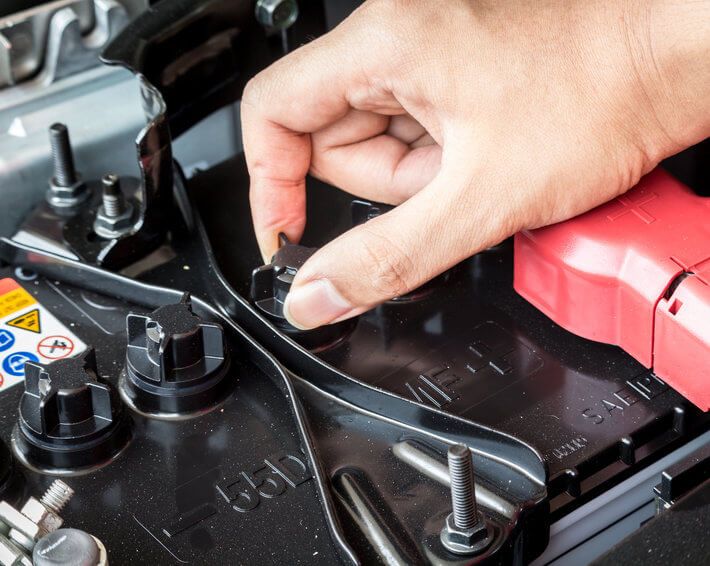Car batteries are the unsung heroes of the recycling world. Get this: according to Battery Council International, 55% of aluminum cans are recycled, as are 45% of newspapers and 26% of glass bottles. In contrast, nearly 90% of lead-acid batteries are recycled, reports the University of Illinois! That’s an impressive figure, and one we’d like to see reach 100% with your help.
Why is recycling important?
Recycling is an important part of keeping our environment safe. By definition, recycling is the process of converting waste into reusable material. It decreases both the need for new materials and the environmental harm that comes from improperly disposed of materials.
How are car batteries recycled?
Step 1: The plastic is broken down. When you recycle your car’s battery, it’s broken into its composite parts: plastic, lead, and electrolytes. Your battery’s plastic casing and cover gets crushed and converted into plastic pellets. These pellets then get converted into new cases and covers, reducing the need for new plastic production. Without being processed, these plastics could take hundreds of years to decay.
Step 2: The lead is melted. The lead included in your battery’s grid, terminals, and posts gets melted into lead ingots. These are used to form new battery grids, and retained lead oxide can be used in future batteries as well.
Step 3: The battery acid is neutralized & processed. The final recycled element, your battery’s electrolytes, is most important. Lead-acid batteries use sulfuric acid as their electrolyte conductor. Sulfuric acid is strong enough to burn through iron and can create toxic fumes if handled improperly.
This old battery acid can be neutralized in two ways. First, it can be neutralized with a basic (to counteract the acidic electrolyte) compound which transforms it into water. The water is then treated, clarified, and tested before being released into sewer systems. The second way involves a more modern recycling process. The sulfuric acid is processed and converted into sodium sulfate, a substance which is used in laundry detergent, glass, and textile manufacturing. Instead of simply neutralizing it, this process turns the acid into a something useful!
How can you help?
Recycle your old battery.
As a part of our dedication to reducing the environmental impact of improperly discarded car batteries, Firestone Complete Auto Care will recycle your dead battery for free. Simply bring your old battery to your nearest location or let our expert technicians replace and recycle your old battery while you relax in our waiting room.
Handle the old battery properly.
If you choose to replace your old battery yourself, make sure to do so safely. Wear proper safety apparel (goggles and gloves) and follow your vehicle manufacturer's advice when removing the battery. When transporting it, handle with care and place the battery upright in a sealed, waterproof container during transport. This is especially important if the battery shows any sign of corrosion or leakage.
At Firestone Complete Auto Care, our goal is to offer the best customer service, quality products, and the right solutions for your auto care needs, but also to provide initiatives that improve your community and the environment. Car battery recycling is one of the many ways we help preserve the environment for our families to enjoy today, and their families to enjoy tomorrow. Visit Firestone Complete Auto Care to get a new car battery near you or to recycle your old battery! Help us make sure that more car batteries get recycled!



